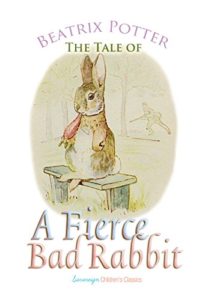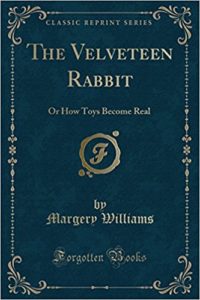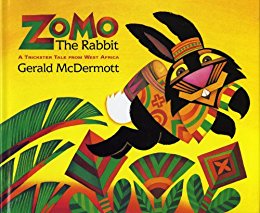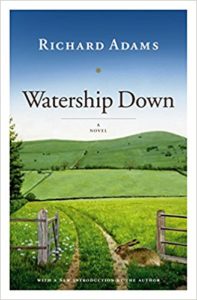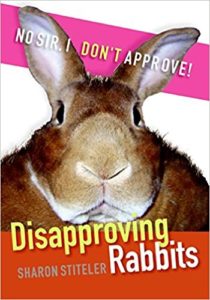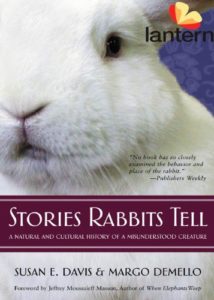
Hosted by Long and Short Reviews.
Click here to read everyone else’s replies to this week’s question and to read everyone else’s replies to this week’s question and here to see the full list of topics for the year.

One of the negative stereotypes about people from Toronto is that we think we’re the centre of the universe and that the way life is here is the way it is everywhere else in Canada, too.
I certainly do not agree with that, so I am purposefully not mentioning my city at all in the rest of this post.
A few years ago I blogged about famous urban legends in Toronto, so today I’ll be sharing some legends from other parts of Ontario. It’s a big province, and I only wish I had space here to talk about all of our amazing myths and stories.
Old Yellow Top
Many different parts of North America have legends about Bigfoot or Sasquatch, but Ontario is the only one I know of who has stories about one of these creatures that has blonde hair. All of the other stories I’ve heard about this cryptid describes it being covered in brown hair. Maybe there was a rare genetic mutation in this one?
The Little People of Doghead Mountain
The Anishinaabe in Northern Ontario have a very cool story about the little people of Doghead Mountain which is close to the town of Nipigon.
The mountain is called Doghead Mountain because it is shaped like the head of a dog, and the Anishinaabe word for it is Memegwesiwijiw. It is said that the little people who live there like to trick anyone who crosses their path, so watch out for things like your water being spilled or your trap lines being set off without catching any prey if you decide to visit.
Black Donnellys
The Black Donnellys were an Irish Catholic immigrant family who settled in Biddulph township, Upper Canada (which is now known as Ontario) in the 1850s. There was a dispute between them and their neighbours about who really owned the farm that the Donnellys believed they had legally purchased but who others had been squatting on for a long time. After multiple altercations, a local group ironically named the Peace Society visited the farm with the intention of merely harming the Donnelly men and scaring them into giving up their land.
Tensions rose, though, and many members of this family ended up being murdered that night. Some of the details are kind of violent, so I’ll leave it up to my readers to click on the link above if they want more information.
Gaasyendietha
The Seneca tribe in Ontario tells of the legend of the Gaasyendietha, a fire-breathing dragon that is said to live in all of the Great Lakes but prefers Lake Ontario. It is said to have been created when a large meteor fell from the sky into the lake. All of their tales warn people to avoid this creature, so I will definitely not be seeking it out!

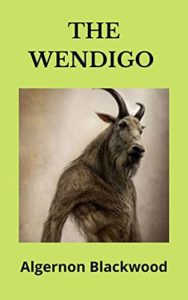 Title: The Wendigo
Title: The Wendigo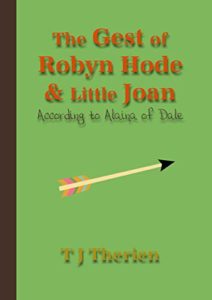 Title:The Gest of Robyn Hode & Little Joan According to Alaina of Dale
Title:The Gest of Robyn Hode & Little Joan According to Alaina of Dale
